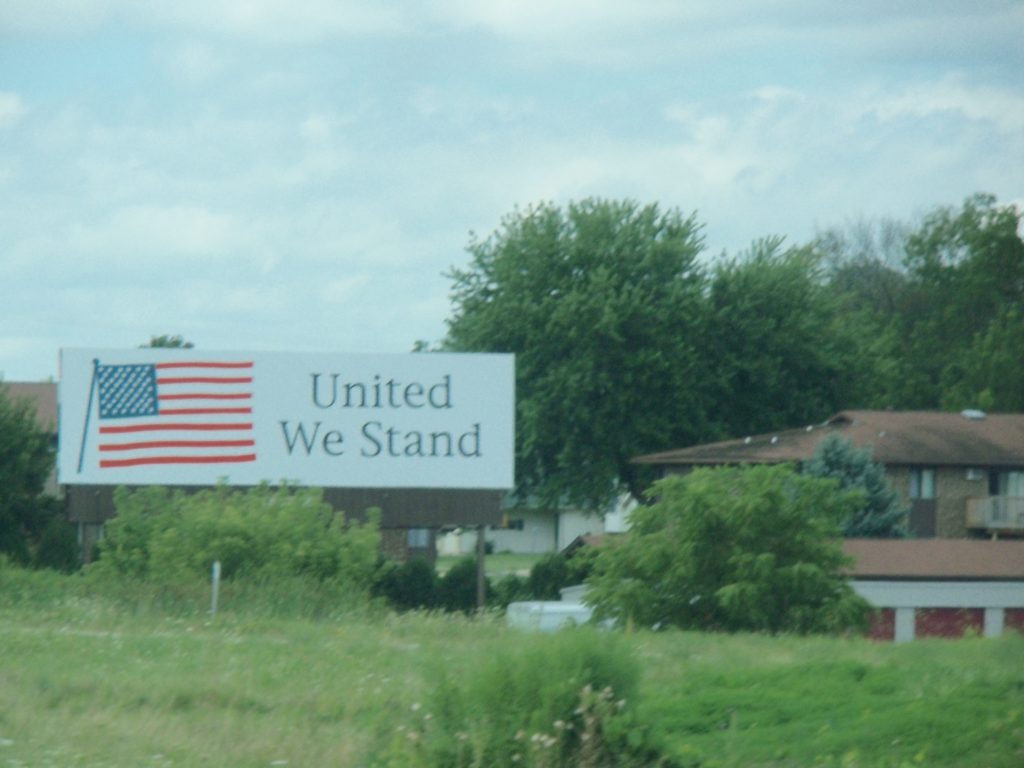Well, until obama took office.
Tuesday, 23 April 2024
There the centurion found an Alexandrian ship sailing to Italy, and he put us on board. Acts 27:6
Note: You can listen to today’s commentary courtesy of our friends at “Bible in Ten” podcast. (Click Here to listen)
You can also read this commentary, scrolling with music, courtesy of our friends at “Discern the Bible” on YouTube. (Click Here to listen), or at Rumble (Click Here to listen).
More precisely, it reads, “And there, the centurion having found a ship of Alexandria sailing to Italy, he placed us in it” (CG).
Having arrived in Myra of Lycia in the previous verse, it now says, “And there, the centurion.”
Luke had previously given the name of the centurion, Julius. However, he now reverts to using his official rank rather than his name. His identification was established, but it is appropriate to the narrative that Luke refers to him according to his capacity and rank as a soldier. Of him, Luke next says, “having found a ship of Alexandria.”
An Alexandrian ship most probably means a large container ship which was used to transport wheat from Alexandria to Rome, which was a regular occurrence during this period. As it is out of a direct route for this, the thought is that it was caught up in the same contrary winds that necessitated the ship Paul and Luke were on to also travel under the lee of Cyprus.
However, Ellicott notes, “A local inscription describes Myra as a ‘horrea,’ or store-house of corn (Lewin’s St. Paul, ii. p. 187), and the Alexandrian ship may therefore have gone thither to discharge part of its cargo.” Either way, the ship was heading in the direction they were going, which was that it was “sailing to Italy.”
As has been previously noted, traveling at the time was not unlike taking a bus or plane now. Although we normally have tickets to our final destination, that is not always the case, especially if we are on a walkabout on the way to our final destination.
The final destination for the centurion and those he was conducting was Italy. Whatever ship would get them closer with each stop is the one they would take. In this case, the Alexandrian ship was going all the way there to drop off the remaining portion of its cargo. This would avoid changing ships again. Therefore, “he placed us in it.”
Here is another word found only once in the New Testament, embibazó. It is also found in the Greek Translation of Proverbs 4:11. It is a nautical term used concerning embarking men on board a ship, but it is also a medical term used to indicate “placing patients in a bath” (Pulpit). Again, we see Luke’s mastery of words and the connection between his medical experience and his knowledge of nautical terms as well.
Life application: As noted, the word embibazó is also found in Proverbs 4:11. There it says –
“I have taught you in the way of wisdom;
I have led you in right paths.”
In Proverbs 4, Solomon is writing as a father to his children, giving them words of instruction. The Lord included these words in Scripture, indicating that the wisdom to be drawn from them is universal in its application. Every person in every culture and time will benefit from the words found there.
Today, the progressive mindset is to reject things written by various people groups, such as anything from a white person, saying such wisdom is biased and finds its roots entrenched in racism. This is taught in schools, government, and business alike.
Even though the Bible was received by people in the Middle East, because of its heavy influence upon the white people of the world, and because they have used it to evangelize people groups around the world, progressives treat the Bible as a book derived from a concept of white supremacy.
But this is nonsense, and deep down they know it is. The Bible clearly claims in Acts 17 that all people are derived from one man. Skin color is something that changes throughout regions of the world. It even changes in some people as their skin goes from black to white because of vitiligo.
Although rare, a couple with a certain skin color may have a child with a completely different skin color. These things don’t determine what a person is thinking or where he or she stands on a particular issue.
When it comes to the Bible, it is ultimately derived from God. Therefore, it is a book that exists as a manual for all people in order to conduct their lives in a manner that is right and pleasing to God. It is not a Jewish book, even if it was mostly Hebrew in its being transmitted and maintained.
It is not a Greek book, even if its concluding books were written in the Greek language. It is not a Western book, even if it was first accepted and most widely studied and passed on by Western societies after it was finally completed.
These ideas are incorrect. The Bible is a divinely inspired and God-centered book. It is that which brings about restoration between God and man. It is for this reason, not some other distractionary concept, that the progressives of the world hate it. They hate God, despising His moral character and being, and therefore, they hate the book that He has given to man.
Be aware of this when dealing with people who attack the Bible or the Christian portion of society. You need to address their disconnect between God and them first. Only after this is realized, will you have a chance to then correct them concerning their understanding of the importance of Scripture.
Lord God, the world is so at enmity with those who love You and who uphold Your word as the message from You. Help us to correct their thinking about You. Help us to be wise in how we approach others as they challenge You, Your word, and those who love You. May we be able to open eyes that are dulled over concerning their need to see clearly. Amen.





